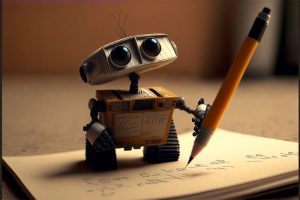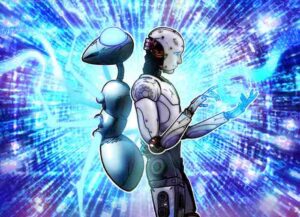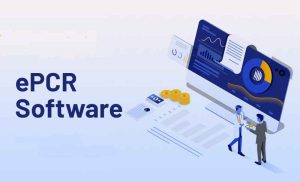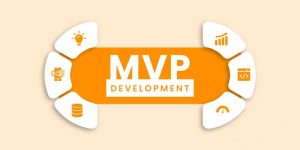How AI is Changing Talent Acquisition in HR
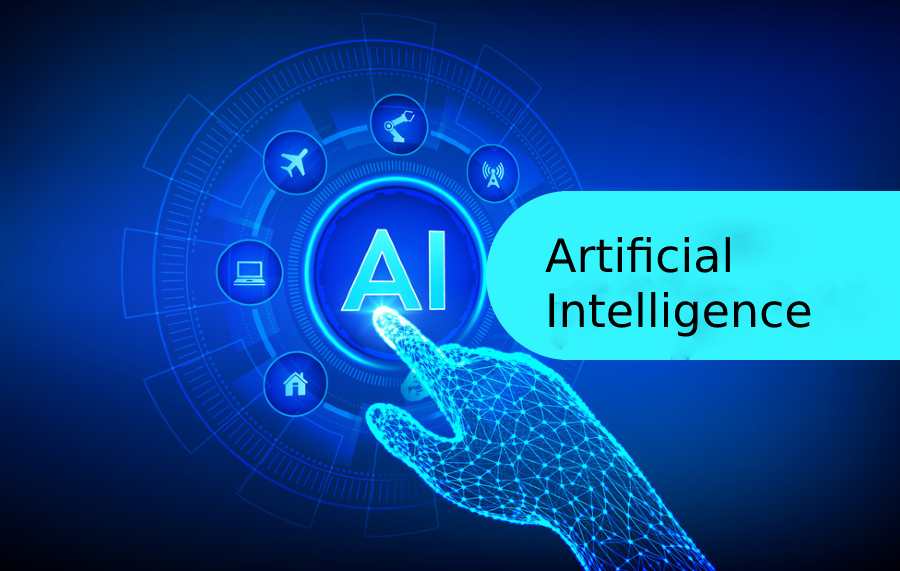
How AI is Changing Talent Acquisition in HR
Artificial intelligence (AI) is reshaping entire sectors and industries in our economy. However, it may be argued that recruiting and talent acquisition are among the last areas to be impacted by artificial intelligence (AI).
But AI is developing quickly to the point where it significantly impacts how people are viewed and hired by businesses.
These are a few examples of how AI is transforming the talent acquisition industry:
Intelligent HR for Talent Sourcing
The sourcing and engagement of candidates are one of the most typical ways AI influences the talent acquisition process.
Businesses utilise a variety of channels to find talent. Some are more conventional, like Indeed.com or LinkedIn. In contrast, others are more innovative, including job boards listing jobs on multiple websites or specialty sites that concentrate on a specific skill set. (See also: These Data Science Skills Are Required for College Grads.)
But, AI-based recruiting technology is increasingly utilised to contact candidates automatically, using information gathered from various open and private data sources. Effective candidate-job matching is a complex technological problem, but several software companies are attempting to solve it. The candidate-job matches AI finds they are then used to identify potential employees to reach out to in a campaign; AI makes this easier by creating an email or text-based outreach.
The likelihood that you will receive a recruitment email the following time you receive one is high!
Smart HR for Interviewer Evaluation
AI’s application in applicant evaluation is another way that it affects talent acquisition.
The best candidates for a position are found by scoring resumes with technology. This technology considers several things, including education levels, skills, and experience. It then evaluates this information in light of a company’s unique requirements to suggest the best suitable applicants for a particular position. This helps ensure that the top candidates are considered for each job while also saving the recruiter time.
However, applying AI to candidate assessment is possibly the most contentious aspect of talent acquisition. For instance, The Wall Street Journal published an article on application tracking systems based on machine learning (ML) and how they “reject” millions of candidates. The idea of putting robots in control of applicant assessments is, for the most part, being treated with suspicion since the job market is so prominently in the public eye and because people are highlighting the need to accept diverse individuals from all walks of life.
Intelligent HR to Orient and Engage Workers
Lastly, the process of onboarding is being aided by AI.
How? Beginning with new hires, AI may design personalised learning paths based on their abilities and interests and connect them with like-minded groups and coworkers within the organisation. As a result, employees can become more productive and get up to speed more quickly. Also, it assists in lowering the amount of training required, saving businesses time and money. This is especially helpful for large firms with thousands of knowledge workers because many of them use AI to understand better the skills and interests of their staff base, which then enables them to match those interests and skills to their learning paths and necessary project skills.
Also, the culture of the entire firm will begin to be significantly impacted by AI starting in 2019. It has already started to alter people’s behaviour at work and their interactions with coworkers. For instance, hybrid or remote work has been selected by Recruiter.com as a top trend for 2023, which necessitates the development of more sophisticated and engaging engagement technologies to foster a positive organisational culture. For this reason, a significant amount of cash is currently going into employee engagement technologies.
By promoting greater awareness of individual skills across big groups of people, AI promises to deliver engagement at scale.
Also Read: Best AI Tools Right Now You Need To Know

